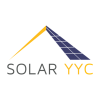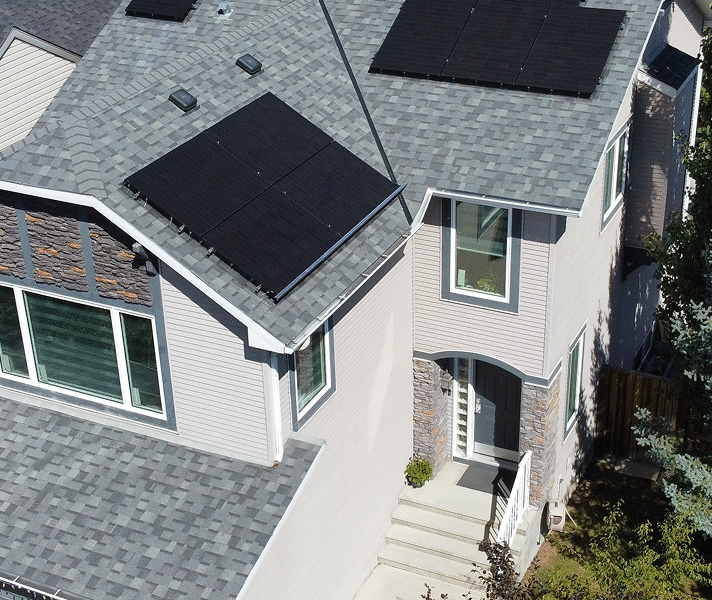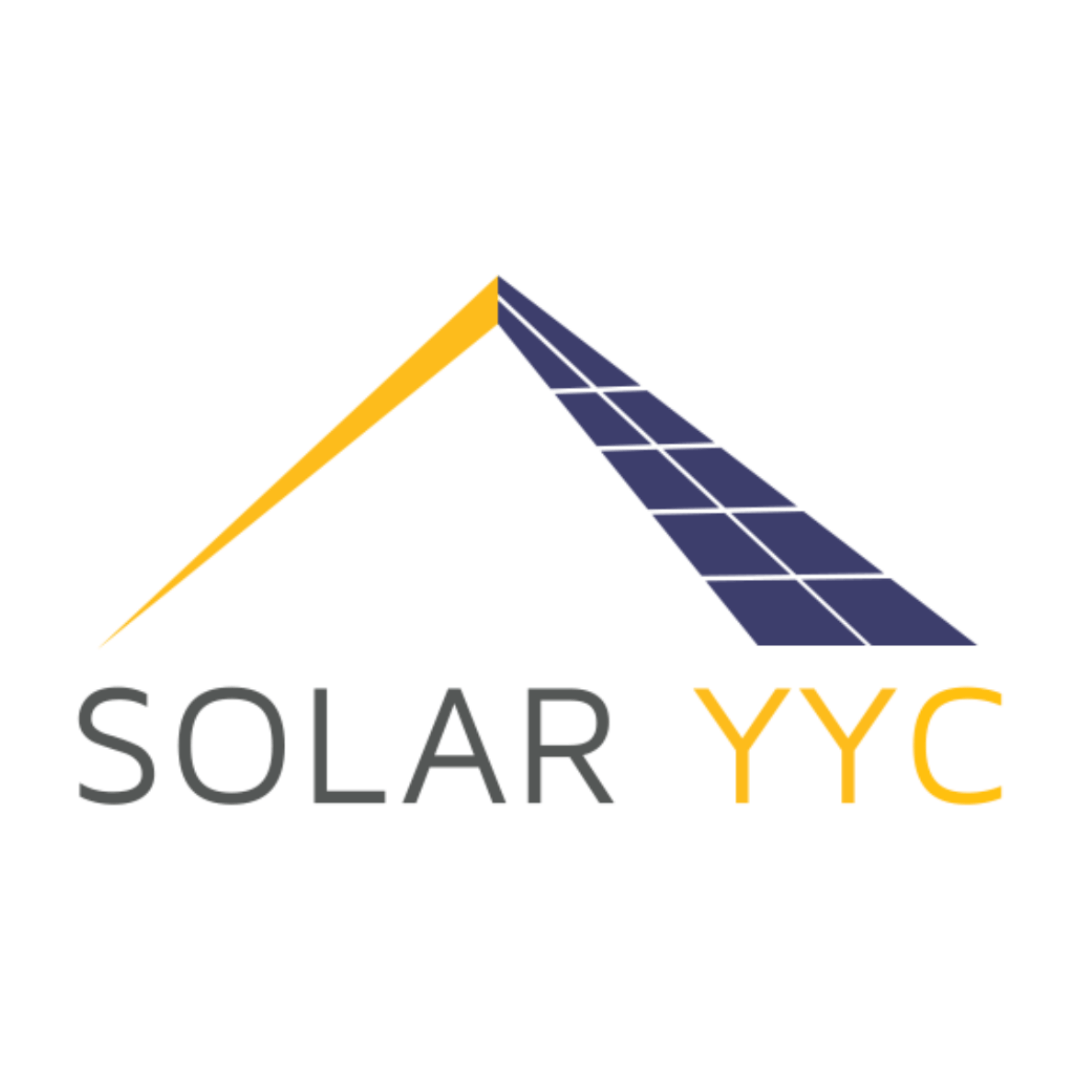Installing solar panels on your roof is an exciting investment, especially when you expect to reduce your carbon footprint and energy bills dramatically! But with growing demand comes an increase in aggressive sales tactics and misinformation. We always advise our clients to do your due diligence; get at least three quotes from different companies, take the time to check AND read their reviews. If you’re considering solar, here are some key red flags to watch for when talking to companies or door-to-door representatives.
1. High-Pressure Sales Tactics. “Sign Now or Miss Out”
If someone is at your door urging you to sign a contract right now or suggesting you’ll miss out if you “don’t act today,” take a step back. Government incentives and financing programs have deadlines, but they don’t disappear overnight. Solar energy is a long-term investment that deserves careful consideration. If a rep tells you the loan or grant will vanish unless you sign today, they’re likely using scare tactics. You should never feel pressured to make a rushed financial decision, especially one tied to a 25 to 30-year asset like a solar system. A trustworthy company will give you time and space to make the right decision for your home and budget.
2. They offer to sign you up for a Loan
Be cautious if a solar company offers internal financing or tries to push you into a loan of their own. Reputable solar providers will guide you through financing options—but they won’t offer to “get the application started for you” or sign you up on the spot. That’s not their role. You, the homeowner, should initiate and complete the loan process, not the sales rep. If someone is eager to fill out an application on your behalf, it’s a red flag. Personal financial information should not be shared with a third party.
3. They Promise Over 100% Offset
Some solar companies will promise systems that generate over 100% of your energy usage, making it sound like you’ll be “off the grid” or earning major credits. The Alberta Utilities Commission (AUC) limits system sizes based on your past electricity use to protect the grid and ensure fair access for everyone. At Solar YYC, we never overpromise an offset to win a sale. While some companies may show you flashy numbers, we prioritize accuracy—our designs are 99.75% precise, a stat we’ve proudly maintained since 2016. Even if a design with more than 100% offset gets approved, the actual usable output is often much lower due to inverter limitations—a concept called “clipping.” It may look impressive on paper, but you won’t get the extra benefit you’re being sold.
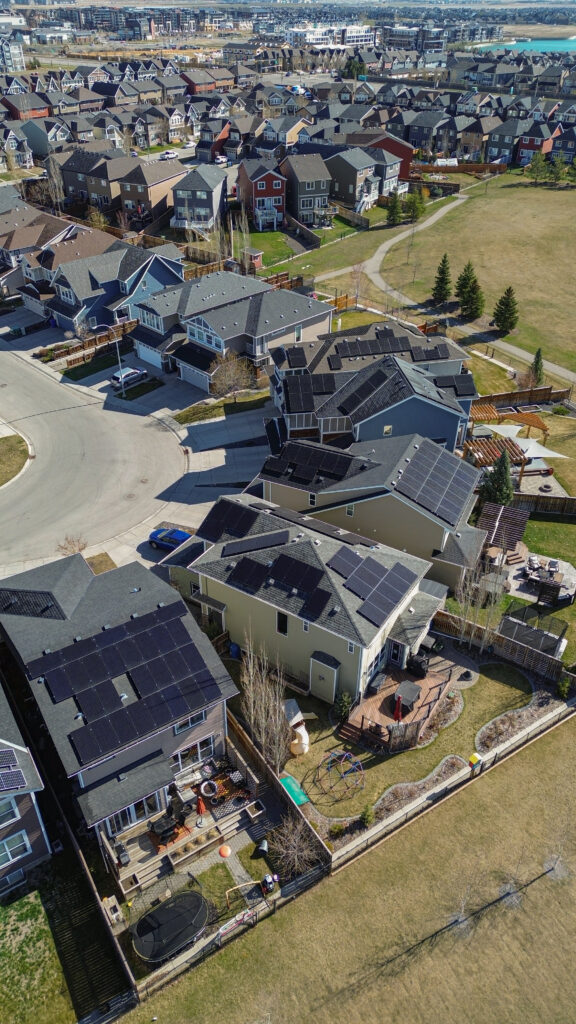
In rare cases, a higher offset may be approved if you add a new appliance, like an EV charger or electric heat pump. However, you must provide documentation like proof of purchase or vehicle registration. Without those, overpromising leads to rejected permits, delays, and disappointed homeowners.
4. Don’t Fall for False Limits on Microgeneration Permits
Some companies claim a hard cap on microgeneration permits—for example, saying only 25,000 are allowed in your area and that 22,000 have already been taken. This isn’t true. Alberta has no set cap on the number of microgenerators connecting to the grid. Spreading this misinformation creates a false sense of urgency and pressures homeowners into rushing a decision. At Solar YYC, we believe in honest, transparent communication, not scare tactics.
5. No Clear or Committed Installation Date
Vague timelines are a major red flag. A professional solar provider should be able to give you a realistic estimate for installation based on permitting requirements, crew availability, and current scheduling. If they can’t—or won’t—commit to a rough timeframe before you sign, that’s cause for concern. Without that commitment, you could be left waiting for weeks or even months with no clear sense of when your system will be installed. Therefore always ensure you get a clear timeline in writing before proceeding with any agreement
6. They claim “A bigger system is Better.”
Some companies will try to sell you the biggest system possible, claiming that more panels will lead to more savings. However, oversized systems can be less efficient, especially if the system isn’t designed properly and the inverter can’t handle the extra power. *AC size is often more important because it reflects your real-world output. You don’t use *DC power directly, only the AC power that runs your home. Thus if your inverter is too small, it will “clip” any extra energy your panels produce, limiting the amount of power you can actually use.
Think of it this way: your solar panels are a big jug (DC size), and your inverter is the faucet (AC size). No matter how full the jug is, only so much water (electricity) can come out at a time through the faucet. That’s why AC size gives you a clearer picture of how much solar energy you can actually use, and why bigger isn’t always better.
*DC size (Direct Current) is the total power your solar panels can produce under ideal sunlight—it’s like the maximum potential of your system.
*AC size (Alternating Current) is the amount of usable electricity your system can actually deliver to your home or the grid after the inverter converts DC to AC (the type of power your appliances use).
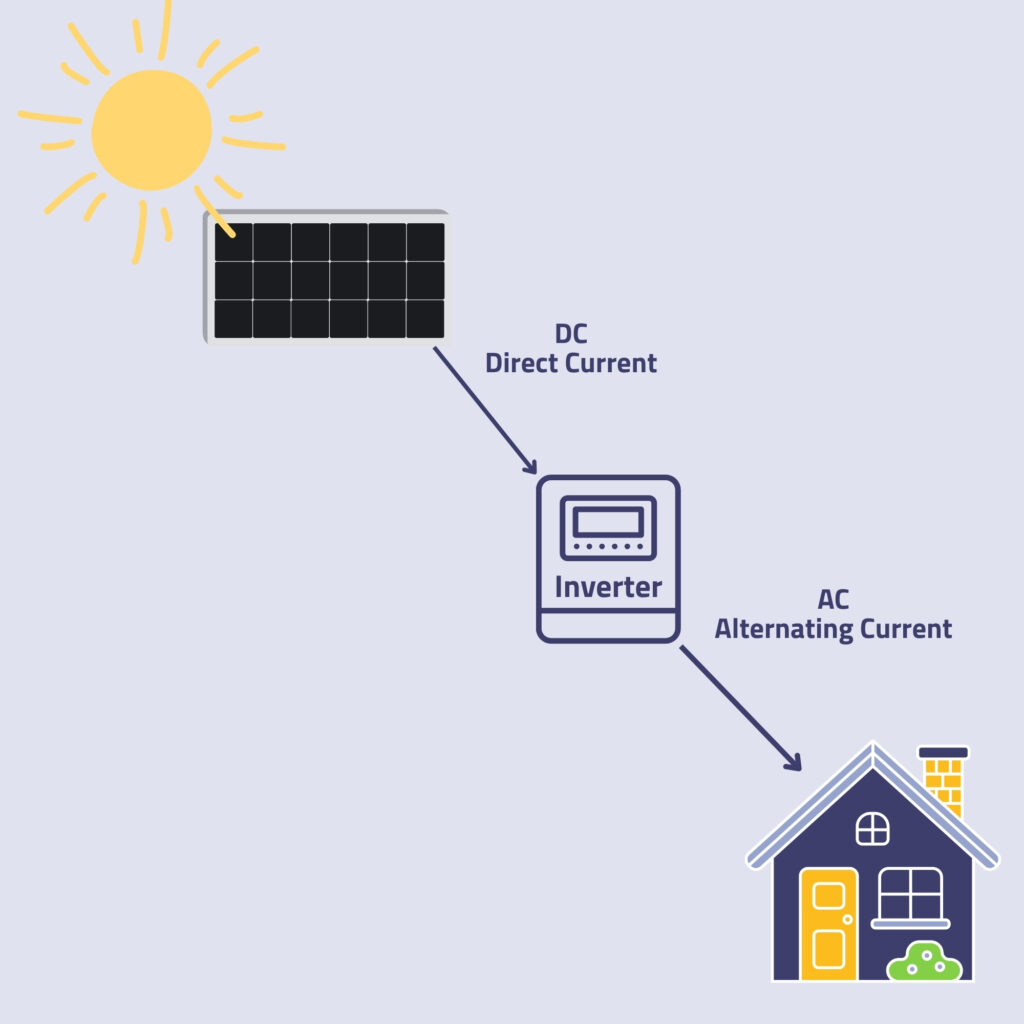
Bottom Line: You Deserve to Be Informed and Empowered
In conclusion, take your time, ask questions, and do your research. Solar can be life-changing, but only when it’s done right. A quality solar consultant will educate you, not pressure you. They’ll design a system that’s built to suit your roof and not their bottom line. Remember, solar is a 30-year investment. There’s no reason to rush the process. At Solar YYC, our clients should feel 100% confident and informed about their installation. That’s why we guarantee total honesty and integrity every step of the way.
If you want to learn more about solar, our team will walk you through your options honestly and transparently—no pressure, no gimmicks!
Get a quote in the link below: No-Obligation Quote
